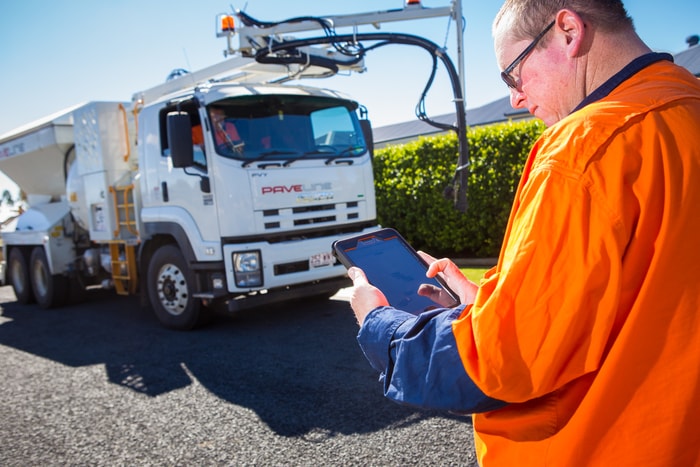More than ever Queensland councils are seeing the value in investing in the digital economy.
While using technology to improve business processes, increase cost savings and customer service is becoming normal, many councils are evolving into new areas.
This includes improving community literacy, partnering with local business to develop smart regional strategies and investing in telecommunications.
The 2017 Digital Productivity Report, produced biennially by the LGAQ, shows that digital is now a core role for Queensland councils, with 84 percent undertaking activities to foster the digital economy and boost digital literacy in the community.

“We really are seeing the core role of local government shifting as more are investing in non-traditional roles and responsibilities in the digital age,” Mr Boyle said.
“Digital infrastructure, skills and awareness is becoming the new core role of councils – and they’re not just doing it for the sake of it, councils are seeing a clear return on investment.
“The smallest councils across the state are seeing the importance of having strong telecommunications infrastructure as a platform for future services like health care and education.
“Hope Vale Aboriginal Shire Council is investing $300,000 to improve their telecommunications, including a 45km optic fibre from Cooktown, as part of a Building Better Regions application for further federal funding which will be submitted this month.
“We’re seeing councils increasingly at the forefront of digital transformation, particularly the adoption of smart technology, including the use of Internet of Things and drones for asset maintenance and disaster recovery.”
-
27% of councils are using drones to help monitor and maintain assets
-
30% are using sensors and smart technology for energy and water assets
-
70% are tracking their vehicle fleets to help cut emissions and costs
